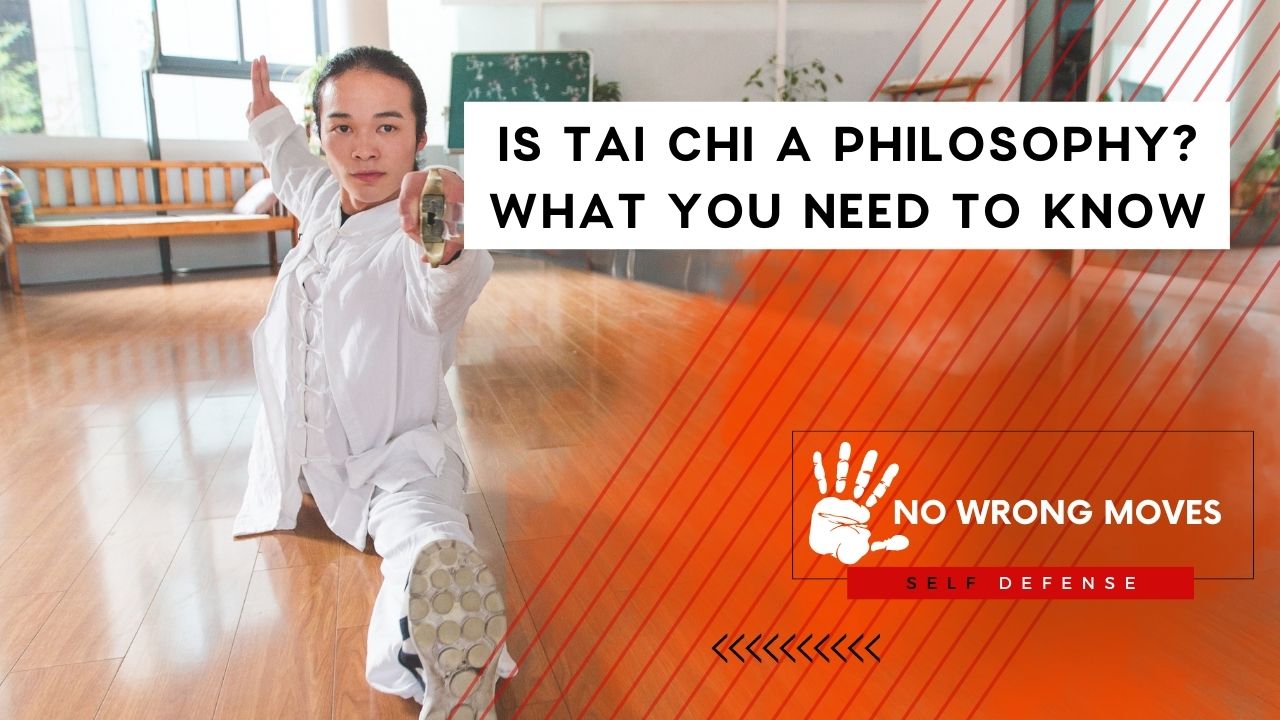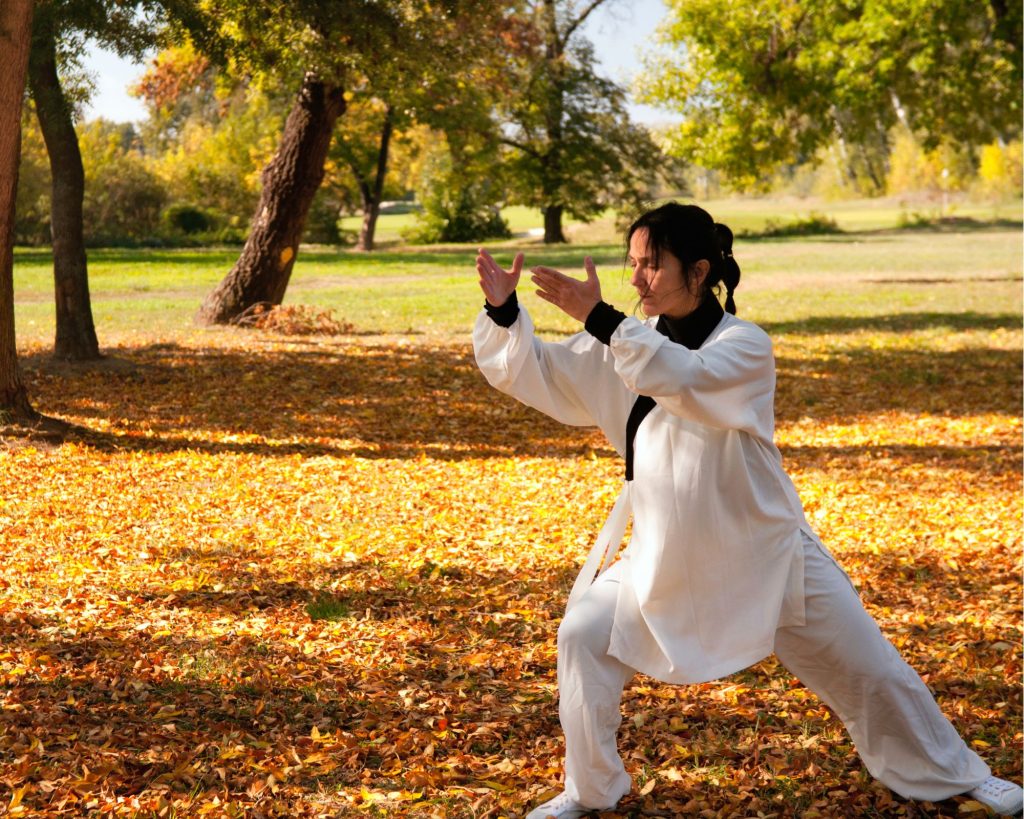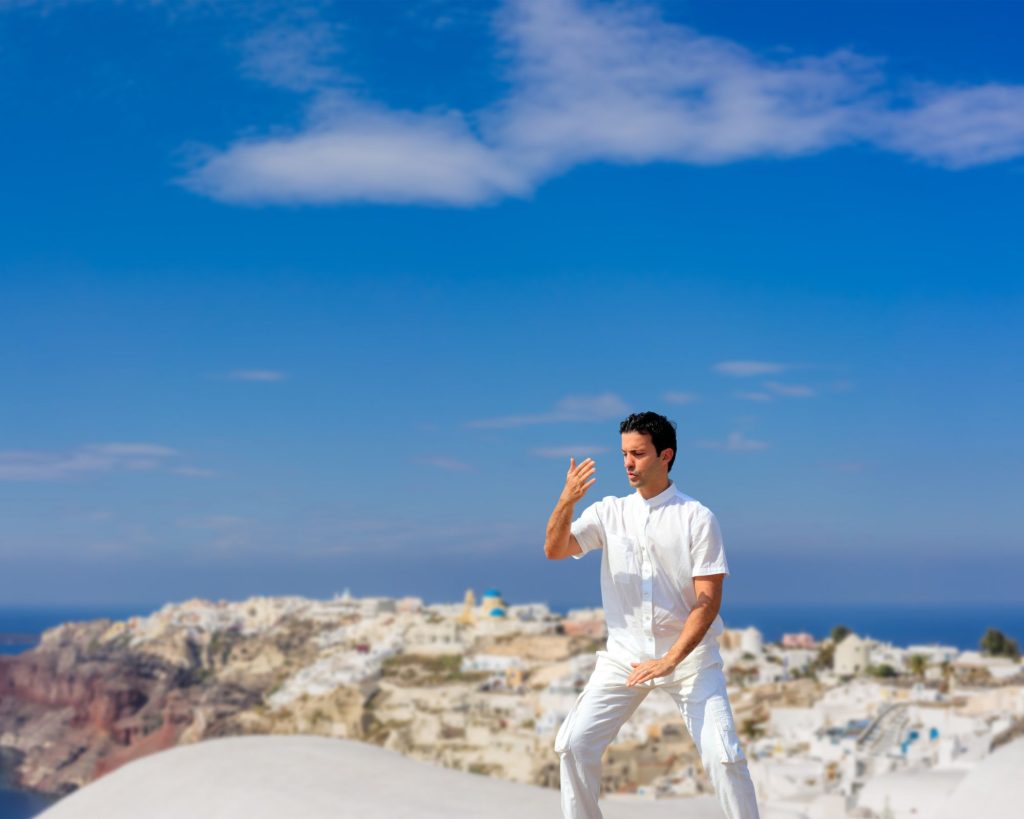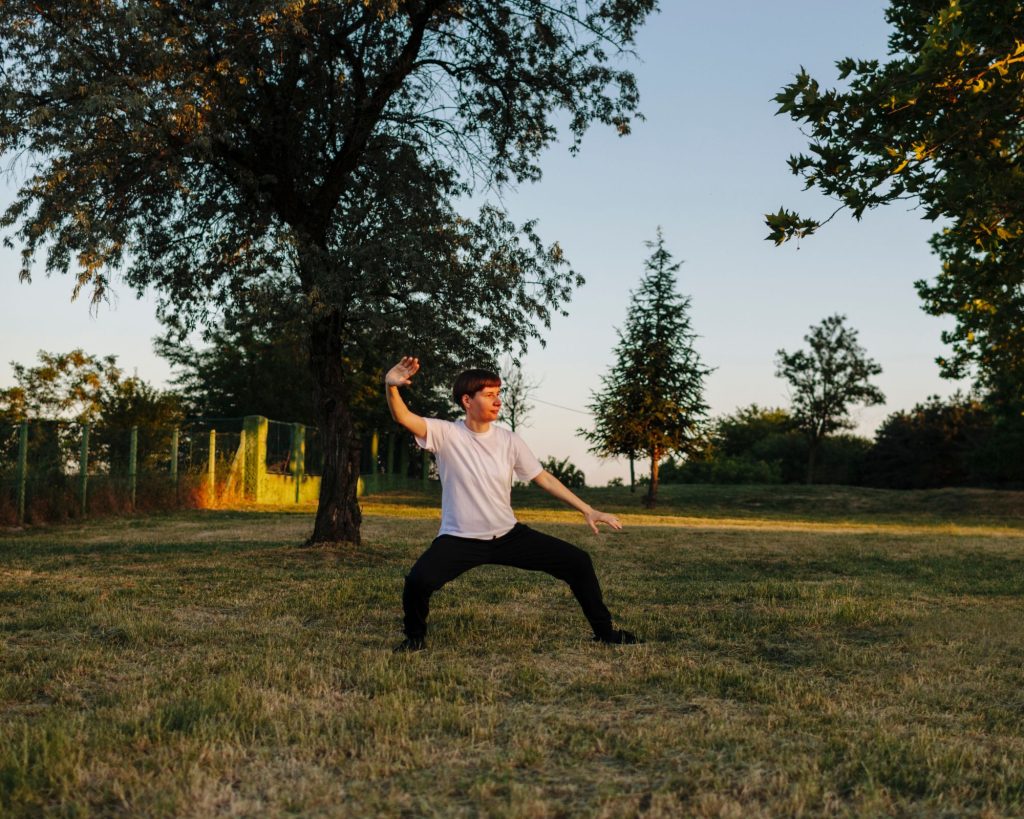
Are you curious about philosophy? Eager to get some exercise in, but not really keen on how it doesn't need much brainpower? Then you'll be excited to learn more about the ancient Chinese practice of tai chi.
But is tai chi a philosophy? Does it count as one, and if it does, why?
Well, that's what we're here to help you answer. You'll learn about the origins of tai chi, its spiritual foundations, and how it has evolved into a popular form of exercise.
I will also provide some tips on how to get started with tai chi, so that you too can feel its many physical and mental health benefits for yourself. By the end of this article, you'll have a better understanding of this amazing martial art and why it is still practiced today!
Is Tai Chi a Philosophy?

Tai chi, also known as tai chi chuan, is a Chinese martial art that has been practiced for centuries. It is a form of exercise that emphasizes the mindful movement of the body and breath, and the cultivation of internal energy.
But is tai chi more than just a form of exercise? Is it also a philosophy?
Tai chi is often referred to as a "meditation in motion," since it involves the coordination of the body and mind. It is a practice that encourages mindfulness, focus, and balance--all of which are traits of a philosophical outlook.
Tai chi is also deeply rooted in Chinese philosophy, with ancient texts describing its principles. So it's not hard to see why some would view tai chi as a philosophy.
Philosophizing Tai Chi's Moves?

Tai chi isn't a religion, though some may find spiritual aspects in its practice. Instead, the philosophy of tai chi focuses on the Tao, or "Way," and the concepts of yin and yang.
Taoism is an ancient Chinese philosophy that emphasizes living in harmony with the universe and nature, and tai chi's moves are designed to bring this harmony into the practitioner's body.
The movements of tai chi can be seen as a physical representation of philosophical ideas. The graceful, flowing movements of the practice encourage balance and harmony, as well as a deep awareness of the body and mind.
This kind of awareness helps practitioners cultivate mindfulness and gain insight into their own lives.
Is Tai Chi More Than Exercise?

Although tai chi has been traditionally used as a form of exercise, its movements can be used to explore philosophical concepts. It is a practice that not only physically strengthens the body, but also encourages mental clarity.
With its emphasis on mindfulness and balance, tai chi can be a way to explore the nature of reality and the inner self.
The slow, deliberate movements of tai chi can help practitioners to achieve a sense of inner peace and harmony. The practice can also be used to explore the mind-body connection, as well as the relationship between the physical and spiritual worlds.
And yet some have argued that tai chi is too simple to be a true philosophy. Its movements are designed to be easy to perform, and its focus is on achieving harmony and balance, rather than engaging in deep philosophical inquiry.
But this doesn't mean that tai chi lacks depth--not at all. Its subtlety can be an advantage, allowing practitioners to explore philosophical ideas without being overwhelmed.
In addition, its movements are not simply physical - they are also mental. The practice allows practitioners to explore their inner selves, and become aware of their own thoughts and feelings. This can lead to greater self-awareness and insight into life's larger questions.
Wisdom in Tai Chi's Forms?

In addition to its mindfulness and balance, tai chi can also be seen as a path to wisdom. Its movements can help practitioners to gain insight into themselves, and to understand the nature of reality.
Through this understanding, practitioners can come to a greater appreciation of life and the universe.
The practice is also a form of self-expression. The movements of tai chi allow practitioners to explore their creativity and discover the beauty within themselves. This can lead to greater self-awareness and a deeper understanding of life.
Tai chi can even be seen as a source of wisdom, but it is important to remember that wisdom is something that we must seek out ourselves.
The practice provides a framework and helps to provide clarity and focus, but it is ultimately up to the individual to do the work of discovering their own wisdom.
So the practice of tai chi can help to open the mind, but it is not a magical solution. It is up to the practitioner to do the work of exploring their own wisdom and understanding life's mysteries. Through consistent practice and self-reflection, one can begin to find the answers they are seeking.
Conclusion: Is Tai Chi a Way to Wisdom?

In conclusion, tai chi is more than just a form of exercise. Its graceful movements and emphasis on mindfulness and balance can be a way to explore life's deeper questions and gain insight into ourselves.
Through its practice, we can come to a greater understanding of the universe and our place in it.
So if you're eager to try it out for yourself, then you absolutely should! I promise you won't regret it.
Tai chi isn't all we can teach you about. Click here if you're eager to read up on other martial arts!
FAQs About Tai Chi Philosophy
What is the philosophy of Tai Chi?
Tai Chi is rooted in the philosophy of Taoism, which emphasizes living in harmony with the universe and nature. Its movements are designed to bring this harmony into the practitioner's body and encourage mindfulness, focus, and balance.
Does Tai Chi provide insight into life's mysteries?
Yes, the practice of Tai Chi can provide practitioners with greater insight into life's mysteries. Its movements can help to open the mind, provide clarity and focus, and lead to a better understanding of ourselves and the world around us.
Can Tai Chi make you wise?
Tai Chi can provide practitioners with a framework for exploring their own wisdom, but it is ultimately up to the individual to do the work of discovering it. The practice can help to open the mind, but it is not a magical solution.
[author-box-jpx-fitness]
